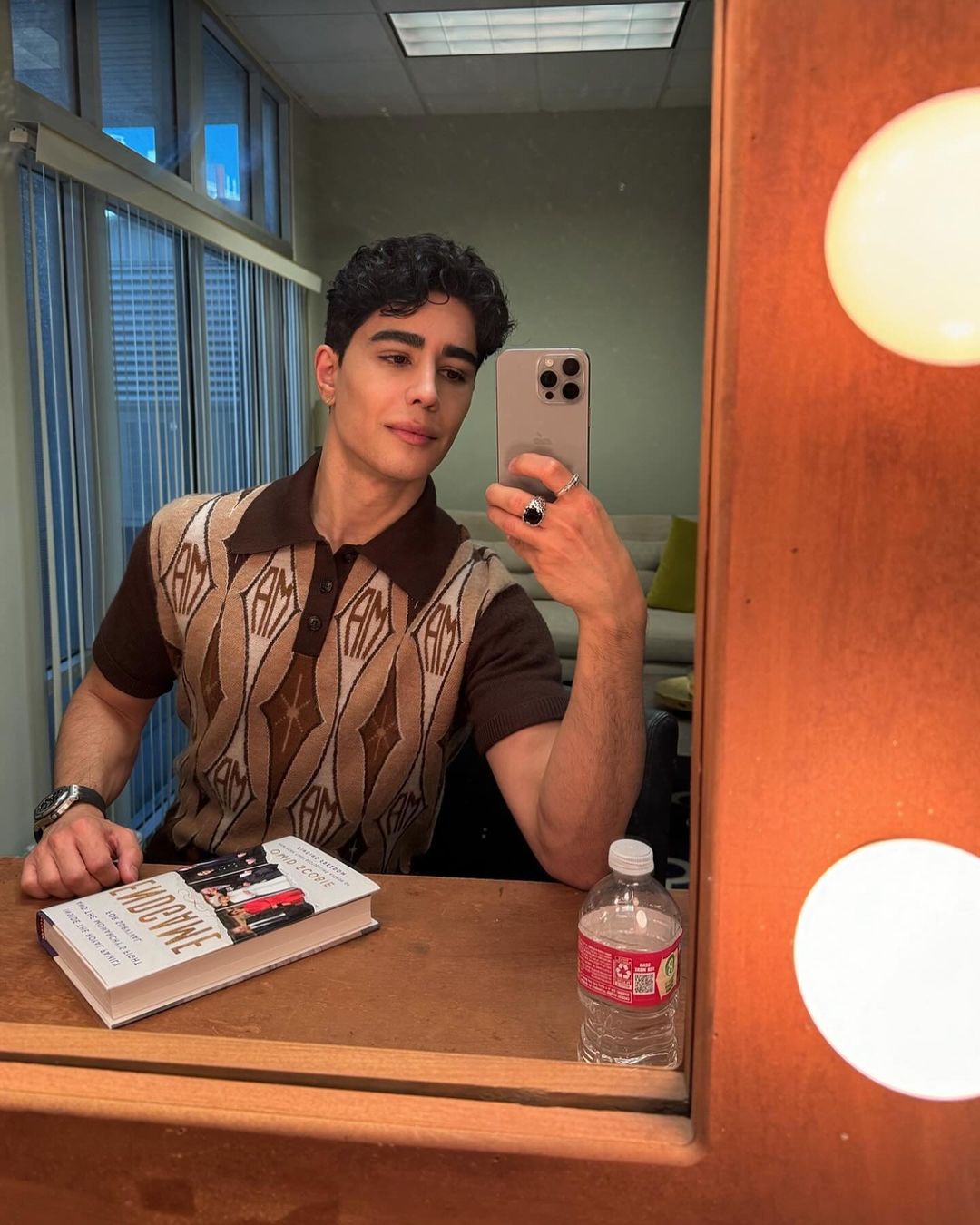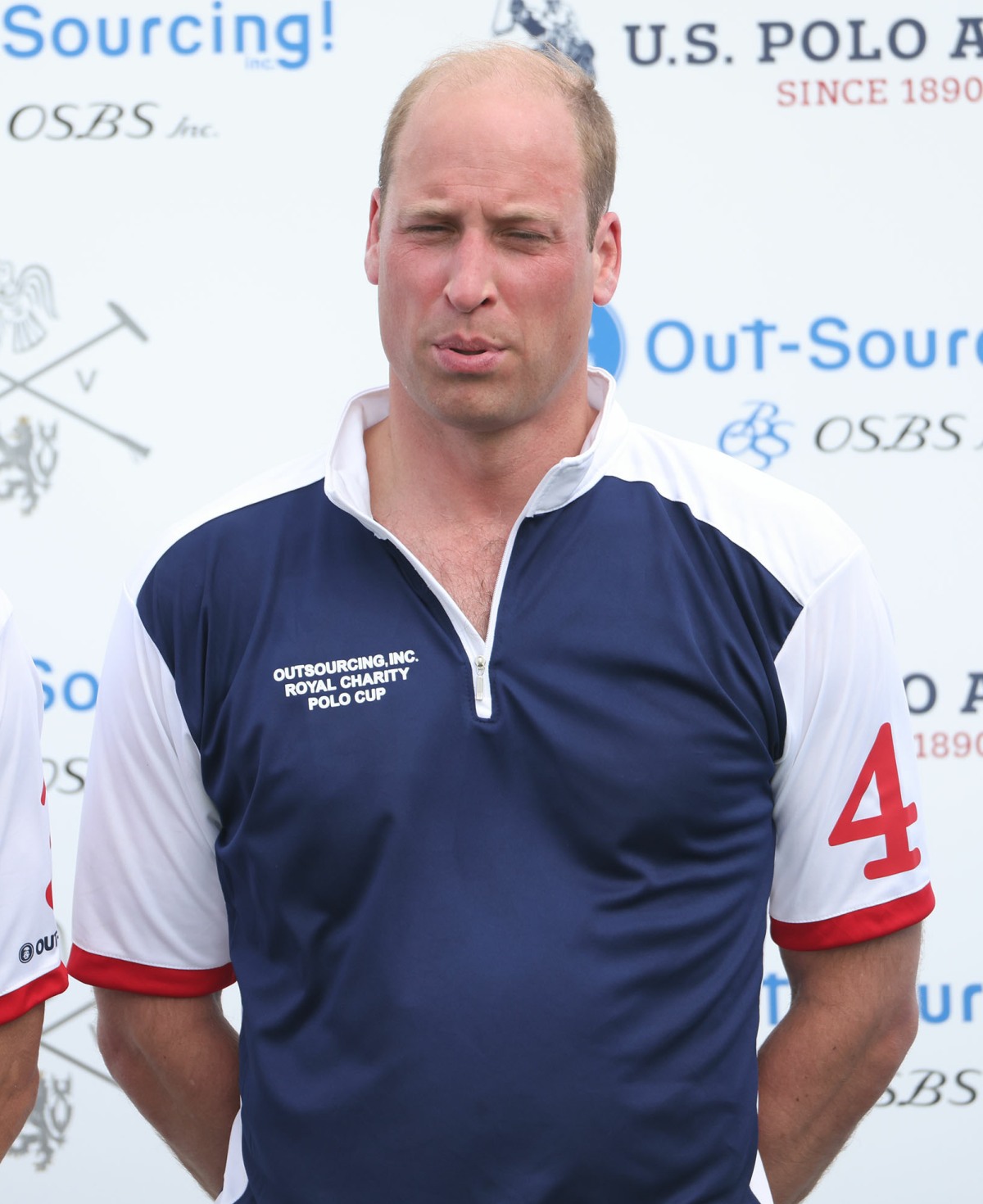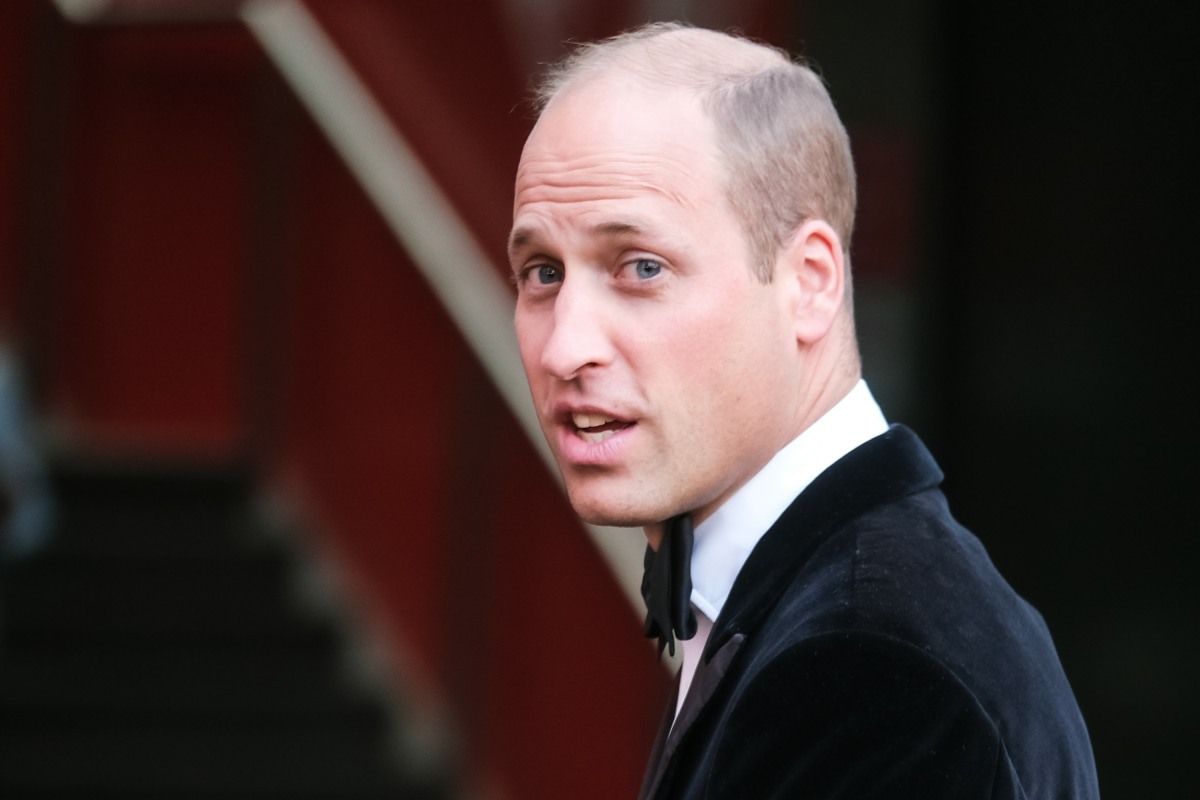
Omid Scobie has a new interview with Everything Zoomer to promote Endgame. His Endgame promotion has fallen off a cliff, but I guess that’s just how books are promoted nowadays: everything is built into the first week for a promotional blitz, then nothing. While there’s no huge news in this piece, Scobie does have some interesting observations about the changes Prince William has made in the past decade. He also doubles-down on the fact that the monarchy’s utter mishandling of the Duchess of Sussex was the beginning of the end(game). Some highlights from this piece:
Anonymous sources: “It’s tough when the de facto method of reporting on the Royal beat is through anonymous sources. I’d be a hypocrite to say we shouldn’t rely on that, because there’s often no other way to get information out there. Sometimes the most frustrating thing about covering this family is that I can’t put a name to a source quote, because if I could, it would carry so much more weight. If I could use a name, the reader could consider and measure their biases.”
William directly deals with journalists these days: “It’s important to show it, to get into the details and the weeds to help people understand how media at the palace works. Prince William was once a man who hated the press – much more than Harry, who used to be a real suck-up to the press. I remember thinking, “They terrorize you, they terrorized your mom, and you’re trying to win over the editor of the Daily Mail even though you know they’re gonna stick it to you tomorrow.” It was a bit tragic. William, maybe because his role was more defined, couldn’t stand the press and didn’t engage. So, how sad it’s been to see William in recent years become deeply embedded in the press’s typical methods and techniques. If you see a headline or rumour appear and disappear, know that some bargaining or interaction has happened behind the scenes.
The journalists’ bargain: “It’s always this dance, because you always want to keep a relationship in a decent place. You want to be included in press briefings, you want a heads-up on info before the rest of the world, you want to be invited on tours and private receptions so you can chat with Royals. But the front row seat is wasted because you’re expected to not reveal the most revealing things, if that makes sense. I wanted to shine a light on this dark shadowing place, even if the cost of it is I’m completely cut off for good.
He did leave out some gossip: “There are a few things that I don’t like to give oxygen to. I’ve been victim to online gossip, too, and it’s not nice. There are times when I discuss the rumours themselves – the fallout with Rose Hanbury, allegedly, for example – but I don’t spend a second talking about whether it’s true or not, because in my mind, unless you can come to me with evidence, it’s B.S. If there’s evidence, it goes in the book. If there isn’t, it stays in my notes. Everything about that [Hanbury story] appears to be nonsense. I discuss it in the book, but in the context of how it was presented to the public through a national tabloid. I wanted to analyze how those rumours were dealt with behind the scenes, without giving any credence to something that probably isn’t true. In this world, you need to be able to show and tell.
The monarchy had the moment to show us they had modernized, but they failed spectacularly. “I know, I know. A lot of people have asked me about why this book’s called Endgame, if it’s because I think this is the end of the Royal family as we know it. I do think we’re at a pinnacle moment, based on many things, but the moment Meghan entered the picture could have changed the course of things in a different direction. It didn’t, so to me the endgame started there.
William has changed: “I wouldn’t say my mind has been changed, but the Royal whom I’ve seen the most change in is William, which has perhaps transformed my opinions along the way. I always thought William was the most fun member of the family – he was smart, good at his job, he understood the presence of the press despite hating them. He’d occasionally have these moments of banter where he’d let you in. I’ve since seen a hardening of character, a kind of leaning into his role. Whereas once he’d never let the media come between him and his family, particularly his brother, now he is himself involved in the media’s plots and scenes. I still think he has great potential as a monarch, but I don’t know how happy he is. People who work with him describe him as someone you have to test the weather with before you speak. Will he be in a good mood or a bad mood?”
On ‘The Crown’: I’ll admit I haven’t seen much of the new season. I have a little bit of fatigue on the subject right now. I enjoyed the previous seasons and I find the rush to dismiss anything in it that they don’t like rather entertaining. Obviously it’s fiction and the dialogue is right from a writer’s room, but the response from the institution is usually pretty telling. Whether they like it or not, The Crown has become the biggest pop-culture reference to the royal family of our time.
[From Everything Zoomer]
“But the front row seat is wasted because you’re expected to not reveal the most revealing things” is a very accurate summary of the royal reporter’s dilemma. What’s crazy is that it’s not actually a dilemma to any of them (except Scobie) – all of them have chosen access journalism and palace stenography over actual journalism. Whenever Kensington Palace freaks out and goes on a briefing spree, why not report it that way – that KP “sources” are openly briefing about the Sussexes, as opposed to just printing whatever unhinged sh-t comes out of the courtier’s mouth? Also: I think the palace response to The Crown is always telling, and the palace freakouts about the Crown are incredibly amusing. There have been moments when you can see years/decades of careful palace PR completely dismantled over the course of one episode.
Photos courtesy of Avalon Red, Cover Images, Scobie’s IG.
Source: Read Full Article


